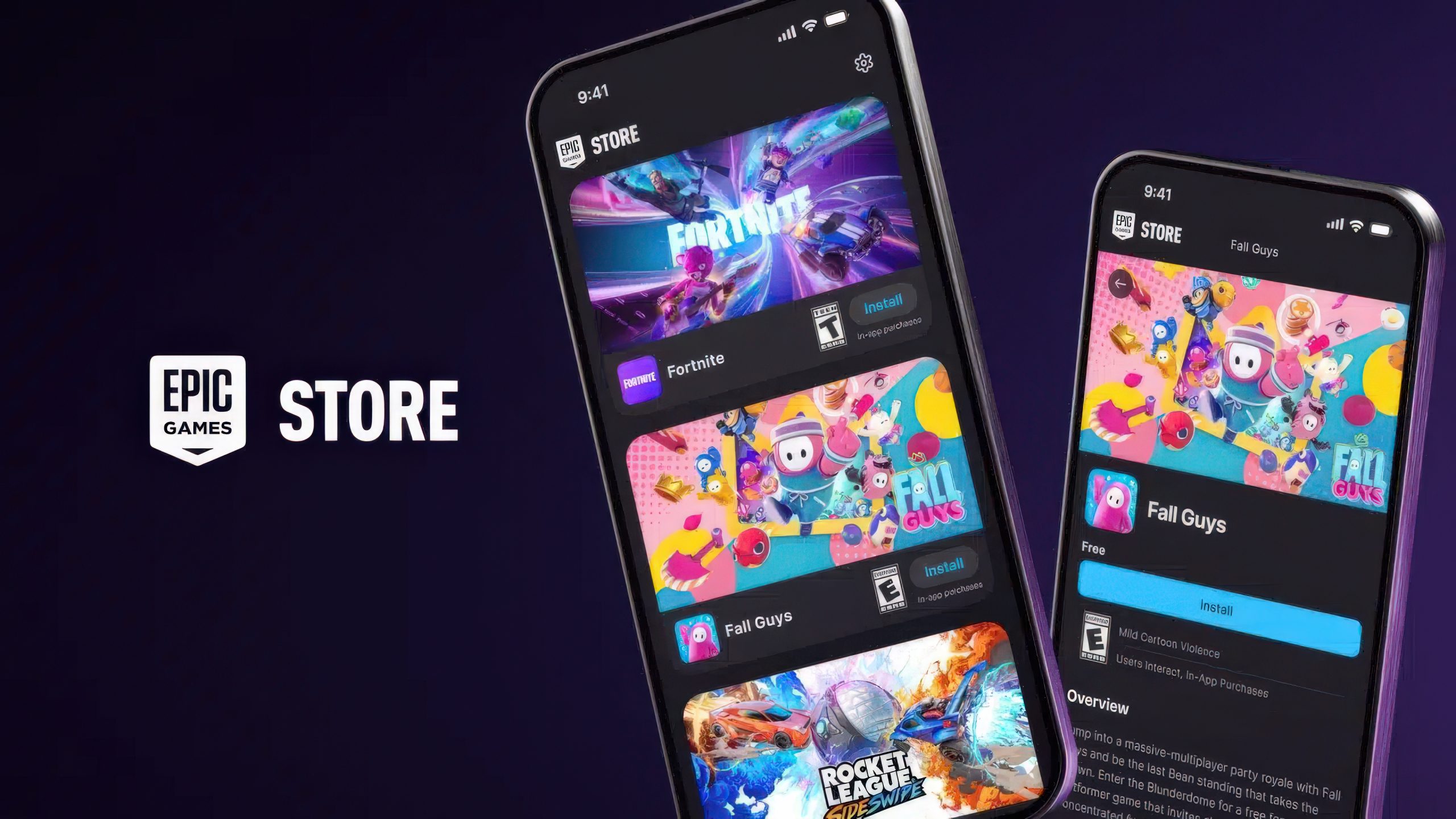Epic Games CEO Tim Sweeney, the firm’s primary shareholder, confirmed that Samsung and the gaming giant have resolved a legal dispute initiated in September 2024. In a social media post, he shared:
After constructive negotiations, we’ve opted to discontinue our lawsuit against Samsung. We commend their commitment to revising policies impacting third-party app distribution.
The conflict centered on Samsung’s Auto Blocker security tool, introduced alongside its One UI 6.0 upgrade. Initially optional, the feature blocked app installations from non-official sources like third-party stores. However, a July 2024 update activated it automatically. Epic contended:
Enabling Auto Blocker by default forces users through a convoluted 21-step procedure to install external apps, replicating Google’s restrictive “Unknown Sources” protocol. This marked Samsung’s first effort to deter consumers from accessing apps outside sanctioned storefronts.
This move directly contradicts the landmark Epic v. Google verdict, where courts confirmed Google’s anti-competitive partnerships with device makers to suppress rival app platforms.
The referenced December 2023 ruling found Google guilty of monopolistic practices via Play Store dominance, mandating Android openness to alternative stores and banning exclusivity incentives. U.S. District Judge James Donato emphasized restructuring Google’s policies to foster competition.
Following these legal victories, Epic debuted its app store on Android and iOS (European users only for iPhone) in mid-August 2024, capitalizing on its protracted courtroom battles against mobile platform gatekeepers.



